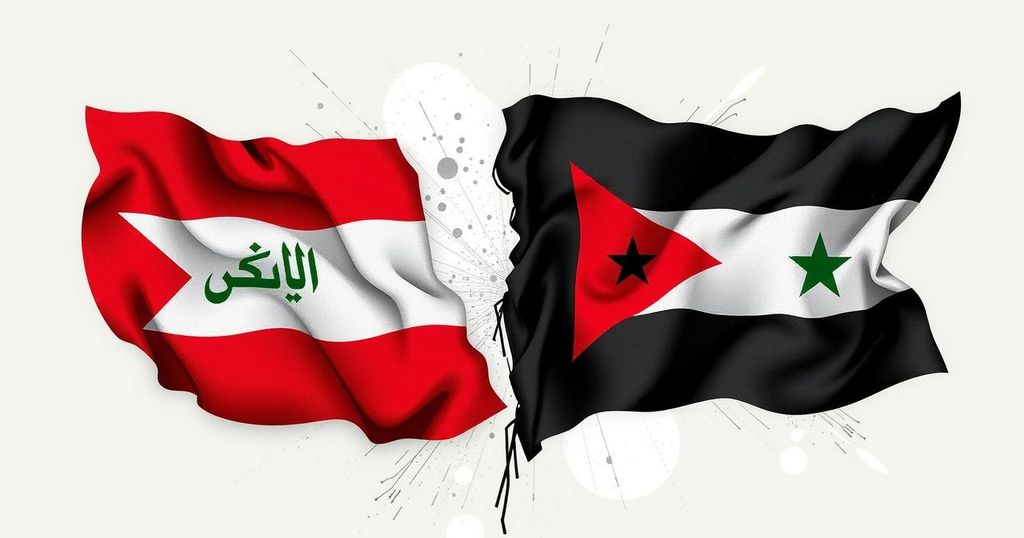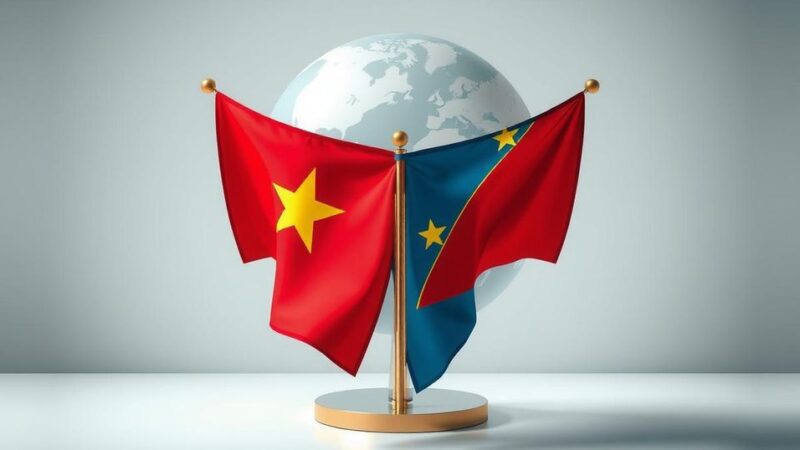The Houthis, controlling Yemen’s capital Sanaa, have launched numerous missile attacks on Israel, posing significant threats to both Israel and international trade. Unlike other Iranian-backed militias, the Houthis assert themselves as the legitimate government of Yemen. This article highlights the need to view the Houthis as a rogue state engaged in aggression rather than merely a terrorist organization, complicating the geopolitical landscape and responses to their actions.
On a recent Saturday morning, a ballistic missile from Yemen struck a residential area in Jaffa, injuring 16 civilians, illustrating the ongoing security threat from Yemen. Just 48 hours prior, another missile hit a school in Ramat Gan, though no casualties occurred. Following these attacks, Israel, supported by the United States and allies, conducted retaliatory strikes targeting Yemeni missile facilities and key infrastructure.
The Houthis, or Ansar Allah, have controlled Sanaa, Yemen’s capital, for over a decade. Their slogan, which expresses hostility toward the United States and Israel, underscores their extremist ideology. Notably, since the escalation of the Israel-Hamas conflict, the Houthis have launched over 130 attacks in the Red Sea shipping corridor, posing a significant threat to international trade.
Differentiating the Houthis from other Iranian proxies in the region is crucial. Unlike militias in Iraq or Lebanon, which operate within political frameworks but do not govern states, the Houthis exert actual control over Yemen. They identify as the legitimate government, referring to their armed forces as the “Yemeni Armed Forces” and enforcing law in Sanaa and Hodeidah.
This distinction implies that the Houthis are not mere militant groups but a rogue state openly waging war and disrupting global trade. However, Yemen’s political landscape is complex, featuring another internationally recognized government in the south, as well as separatist movements aspiring to self-governance.
The analogies drawn with past geopolitical shifts—such as the Taliban’s rise to power in Afghanistan—highlight the dynamics of international recognition and the legitimacy of governing bodies in times of conflict. The Houthis’ efforts to be perceived as a state should prompt Israel to advocate that they represent a danger to regional stability and international commerce.
Furthermore, Iran’s strategy of utilizing proxies to engage in asymmetrical warfare complicates accountability and international responses. By framing the Houthis as a state rather than a terrorist organization, Israel might reshape the discourse surrounding their actions, ultimately enhancing the feasibility of addressing the evolving challenges posed by the Houthis in the context of international law.
The conflict in Yemen involves multiple factions, notably the Houthis, who have transformed from a local insurgency into a governing body claiming statehood. Their actions in the ongoing regional conflicts raise critical questions regarding sovereignty, statehood, and international law, especially in their missile attacks against Israel. This situation is further complicated by Yemen’s fractured political landscape and the influence of Iran in supporting the Houthis as part of their broader regional strategy.
Recognizing the Houthis as a state presents a new lens through which international action may be considered. This perspective challenges existing frameworks involving non-state actors, potentially leading to enhanced accountability and strategic engagement with the Houthis and their actions in the region, while addressing Iran’s role as a supporter of these groups. Such a shift may also influence international law discussions and the perception of Yemen’s role in regional security matters.
Original Source: www.jpost.com







